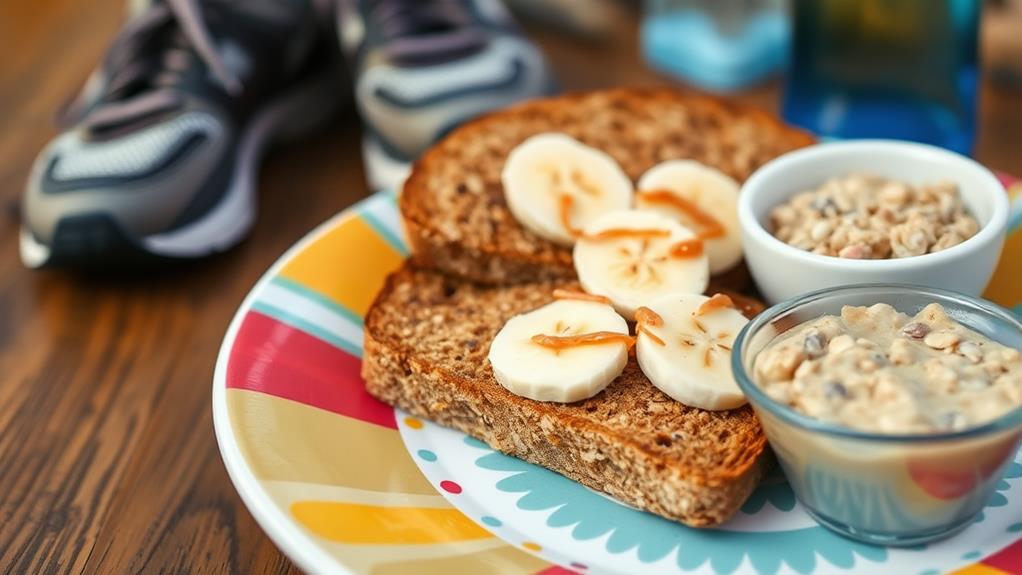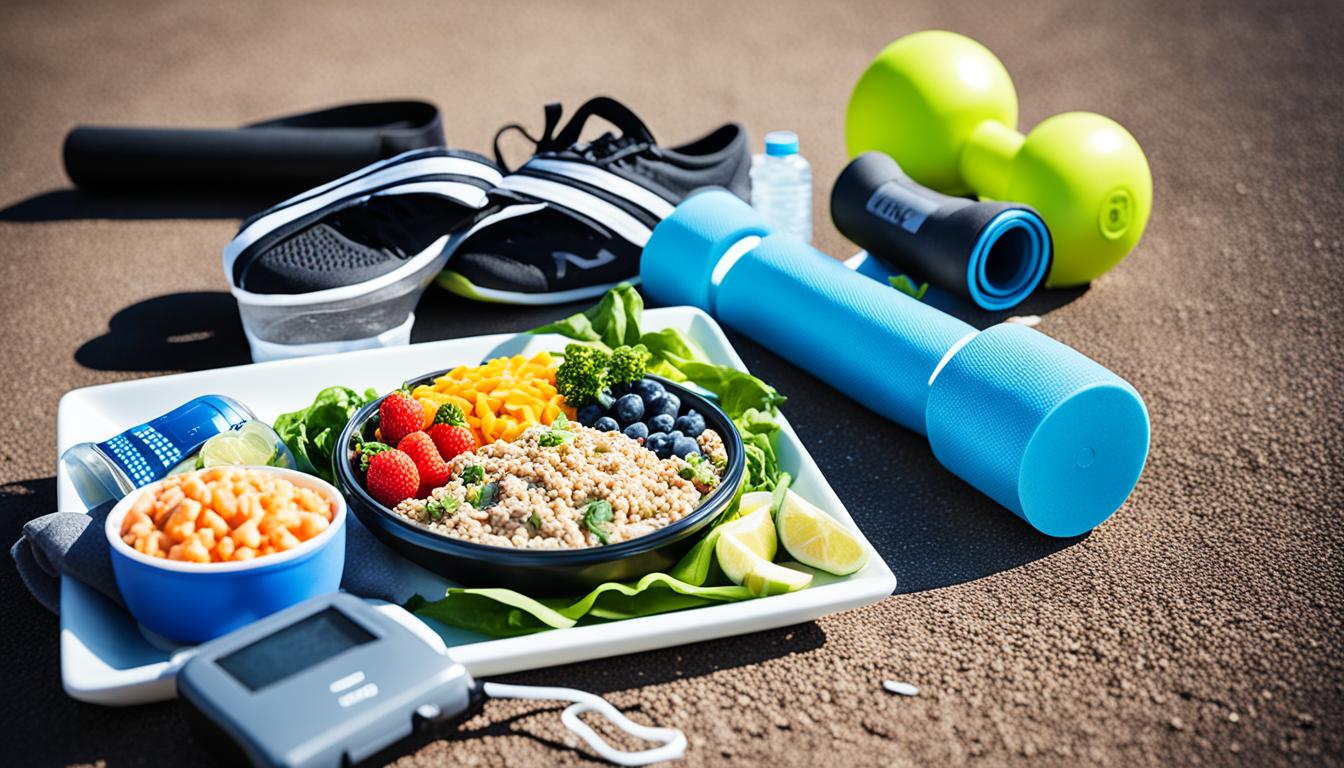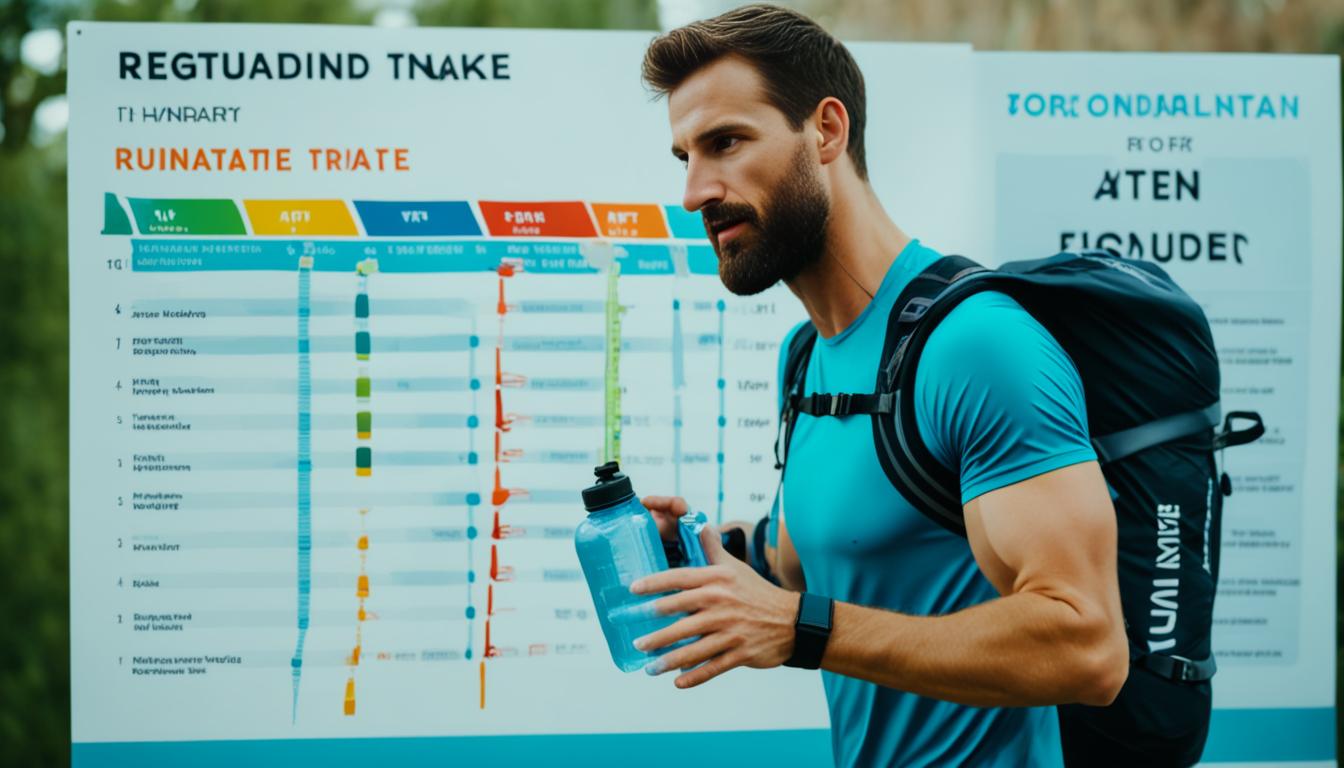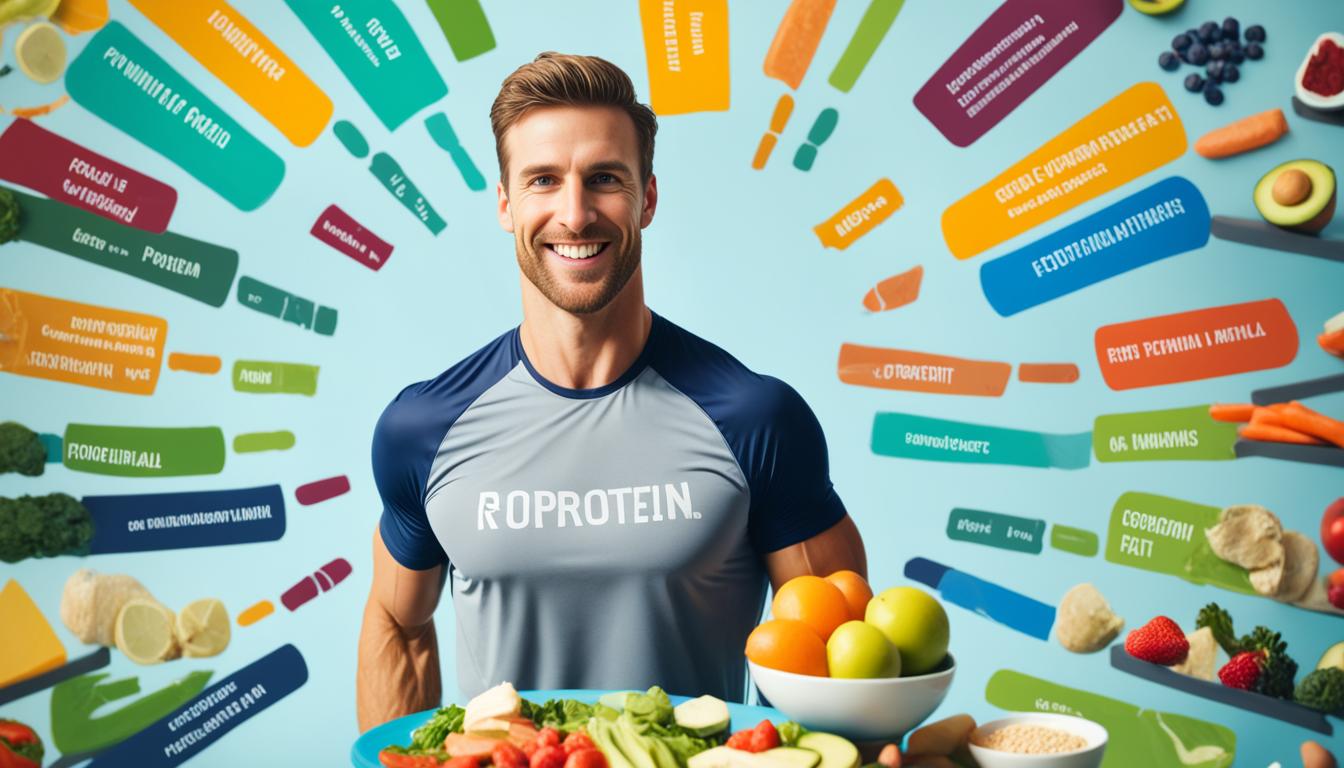To optimize your running performance, focus on pre-run nutrition that’s rich in complex carbohydrates and moderate in protein. Time your meals according to your run: eat larger meals 3-4 hours before, medium meals 2-3 hours prior, or light snacks 30-60 minutes before running. Opt for easily digestible foods like whole grain toast with peanut butter, Greek yogurt with berries, or a banana. Stay hydrated by drinking water consistently and consuming 16 ounces two hours before your run. Tailor your nutrition to your run’s duration and intensity. Avoid high-fiber or fatty foods close to run time to prevent digestive issues. By understanding these basics, you’ll be well-equipped to fuel your runs effectively.
Read More





